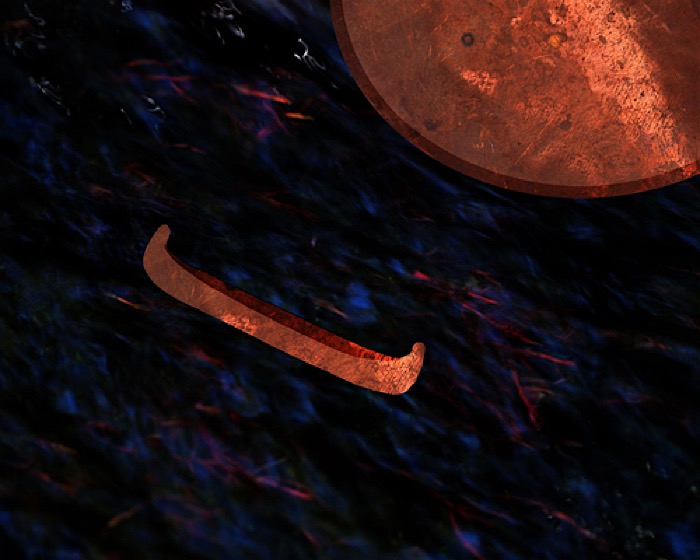We are pleased to announce the selection of two Tiptree Fellows: Vida Cruz and Ana Hurtado.
Vida Cruz is a Clarion graduate and the first Filipina to win first place in the Writers of the Future contest. She was born in the Philippines and is currently based there.
In her application, Cruz described the many faces of feminism and resistance in the Philippines: “Together, warrior, witness, writer, and witch amount to a uniquely Filipino feminist identity that live on in strains despite the erasure of colonization. I hope to reclaim and round these out by telling stories led by such characters.” Funding from the Tiptree Fellowship will help Cruz continue her work on an ongoing series of alternate-history stories set in a present-day Philippines inhabited by Filipinos and local mythological creatures. Each story is written as a feature article by a sharp-eyed Filipina journalist who seeks to heal and galvanize her society by writing and bearing witness, and eventually by becoming a warrior and perhaps even a witch.
Cruz’s fiction has appeared in LONTAR (The Journal of Southeast Asian speculative fiction), Expanded Horizons, Broad Knowledge: 35 Women Up to No Good, Kathang Haka: The Big Book of Fake News, the Philippine Speculative Fiction series, and Phantazein.
Ana Hurtado holds an MFA in Creative Writing and Environment from Iowa State University and is a professor of English at Universidad San Francisco de Quito in Ecuador. Her work has been published in Uncanny, Strange Horizons, Noble/Gas Qtrly, RHINO Poetry, and other publications. Her writing falls under the genre of magical realism and reflects a blending of Andalusian traditions, indigenous cosmovision, and African mythology, all shaped by Hurtado’s Venezuelan origin and location in Ecuador.
In her application, Hurtado wrote about the role of ghosts in her young-adult novel-in-progress: “In this novel, gender is explored in the ‘real’ world and ‘ghost’ world; when these two collide, we understand how sexuality is fluid..…. With an entire cast of ghosts, my young adult novel wants to highlight the pre-Columbian cosmovision of ancestors: ancestors, like ghosts, never leave us – they are forever between us and with us, sharing their ancestral knowledge and guessing our future.”
The Fellowship Committee also awarded honorable mentions to Eleanna Castroianni, Theresa Hottel, Lulu Kadhim, Zora Mai Quynh, and Courtney Young.
The Tiptree Fellowship program, now in its fourth year, is designed to provide support and recognition for the new voices who are changing our view of gender today. Each Fellow will receive $500. The work produced as a result of this support will be recognized and promoted by the Tiptree Award.
Over time, the Fellowship program will create a network of Fellows who can build connections, provide mutual support, and find opportunities for collaboration. This effort will complement the ongoing work of the Award — that is, the celebration of speculative fiction that expands and explores gender roles in thought-provoking, imaginative, and occasionally infuriating ways.
The members of the 2018 selection committee for the Tiptree Fellowships were the 2017 Tiptree Fellows, H. Pueyo and Ineke Chen-Meyer, past Tiptree honoree Julie Phillips, and Motherboard member Gretchen Treu.
If you would like to donate to the fund for future Tiptree Fellowships, you can do so here. Let us know if you would like your donation to support the Fellowships program specifically.
To read about the work of our previous Fellows, click on their names below.
- H. Pueyo (2017)
- Ineke Chen-Meyer (2017)
- Mia Sereno (2016)
- Porpentine Charity Heartscape (2016)
- Walidah Imarisha (2015)
- Elizabeth LaPensée (2015)
- micha cárdenas (inaugural)

